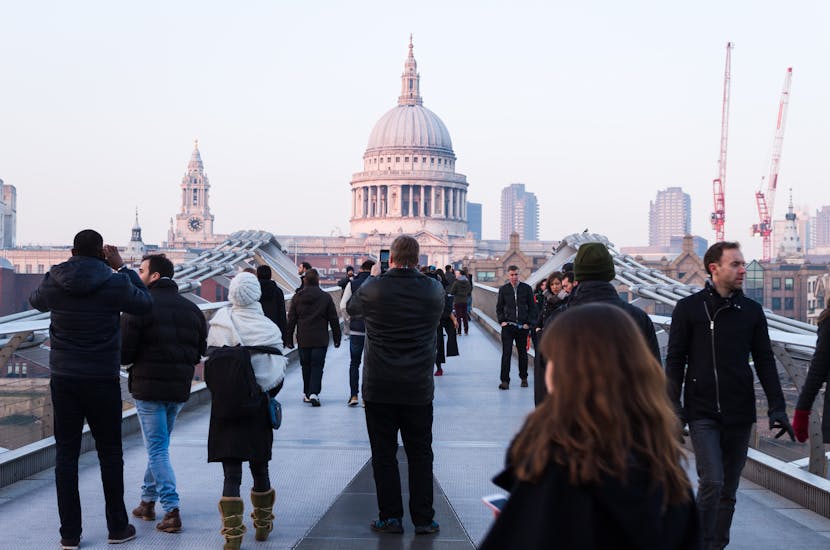The United States and United Kingdom have significantly increased the frequency and intensity of their global travel bans and advisories in recent years, sending ripple effects through the global tourism industry and raising pressing questions about the long-term consequences for international travel and economic recovery.
In a world still grappling with pandemic aftershocks, political instability, and evolving geopolitical landscapes, the travel bans and travel advisory policies adopted by these two leading nations have become a defining force in shaping international mobility. As travel industry news circles continue to spotlight these shifts, stakeholders across the global tourism sector express mounting concerns.
Afghanistan, Pakistan May Be in Travel Ban List with Iran, Libya, Somalia, Sudan, Syria, and Yemen: After Trade War, This New Trump Government Now Moves on with Islamophobia
In what experts describe as a chilling new chapter in international travel restrictions, fresh reports suggest that Afghanistan and Pakistan could soon be added to a list of predominantly Muslim-majority countries already facing travel bans under the new Trump administration. If implemented, the move would extend the controversial travel ban policy to a wider group of nations, joining Iran, Libya, Somalia, Sudan, Syria, and Yemen—countries previously subjected to heightened scrutiny and restrictions under earlier executive orders.
The travel industry, still recovering from the aftershocks of global pandemic disruptions and geopolitical turmoil, now finds itself grappling with another seismic shift: the politicization of global mobility through ideological lenses. Tourism leaders, airline industry stakeholders, and international travel associations are warning that such decisions could have catastrophic consequences not only for tourism but for global cooperation, economic recovery, and cultural diplomacy.
Trade War Was Just the Beginning—Now It’s a New Frontier
While previous headlines focused on trade wars, tariffs, and economic decoupling, this renewed push toward travel bans is perceived by many as a pivot toward targeting specific ethnic or religious groups—particularly those from Muslim-majority countries. The aviation and tourism sectors fear the rise of a new wave of xenophobia-driven policymaking disguised under the rhetoric of national security.
Many observers argue that the list of targeted nations—Afghanistan, Pakistan, Iran, Libya, Somalia, Sudan, Syria, and Yemen—has little to do with actual travel risk or tourism infrastructure concerns. Instead, critics say the list reflects a deeper undercurrent of political signaling aimed at satisfying ideological hardliners who have long pushed for harsher immigration and border control policies.
Tourism Industry on High Alert
Already strained by years of pandemic-related travel bans, ongoing war zones, and unstable economic outlooks, the tourism industry is now reeling from the potential fallout of a revived travel ban. Airlines serving routes to South Asia and the Middle East are preparing for a drop in demand. International hotel chains, tour operators, and travel agencies are bracing for cancellations and shifts in traveler sentiment.
This type of blanket ban, experts warn, erodes the fragile trust tourists have in global mobility. “It’s a slippery slope,” said one travel policy analyst. “Travel bans may start as national security measures but end up becoming geopolitical weapons

